Medical Schools With the Highest Step 1 Scores That Are Easy to Get Into
Becoming a doctor can be one of the most rewarding and well-paying career paths in the U.S. But medical schools have a reputation for being hard to get into, with average acceptance rates ranging from just 2% to 20% of applicants. To help you choose the right school for you, we've researched the best degree programs in the medical field and made this list of the easiest medical schools to get into.
- University of Mississippi Medical Center
- Mercer University School of Medicine
- East Carolina University
- University of North Dakota School of Medicine
- University of Missouri-Kansas City School of Medicine
- The University of South Dakota
- Augusta University
- University of Oklahoma
- Louisiana State University School of Medicine in New Orleans
- Louisiana State University Health Sciences Center-Shreveport
- The University of Arkansas for Medical Sciences
- University of Arizona
- University of Tennessee Health Science Center
- Central Michigan University
- University of Nevada – Reno
- The University of New Mexico
- University of Nebraska Medical Center
- University of Massachusetts
- University at Buffalo
- Uniformed Services University
Why This Matters
Medical professionals are in demand, and over the next decade, the U.S. is projected to have a shortfall of doctors. But medical schools can't cut corners, and they have to keep class sizes small in order to ensure that everyone gets the training they need.
As a result, earning a medical degree requires serious commitment. Students typically need to have a bachelor's degree, a high GPA, and a high score on the Medical College Admission Test (MCAT). If you don't meet all of these criteria, then you may think that a medical career is out of the question. Fortunately, that's not the case, and you may be able to attend one of these accredited medical schools that are easier to get into.
Our Ranking Criteria
To put together this list, we researched nearly 50 medical schools throughout the U.S. to ensure that we covered a range of programs and locations. We used data available on each school's website to narrow down the list based on enrollment, GPA requirements, average MCAT scores, and other factors to determine these top 20 picks.
The 20 Easiest Medical Schools to Get Into
University of Mississippi Medical Center
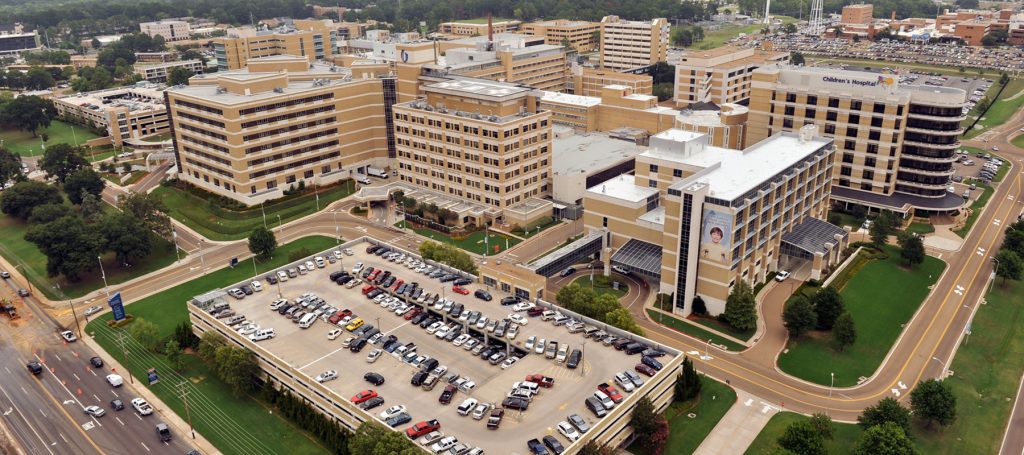
The School of Medicine at the University of Mississippi is a four-year program located in Jackson, MS, that leads to a doctor of medicine degree. Students take part in research, training, and clinical practice, with a focus on caring for Mississippi's diverse residents and underserved populations. This is the only medical center of its kind in Mississippi, and it aims to create robust professional networks and career opportunities.
- Location: Jackson, MS
- Intelligent Score: 99.1
- Average Tuition: $31,196 per year
- Accreditation: Southern Association of Colleges and Schools Commission on Colleges
- Student Enrollment: 2,329
- Average MCAT Score: 504
- Undergrad GPA Requirement: 3.7
Learn more
Mercer University School of Medicine

The Mercer University School of Medicine offers degree programs at multiple locations in Georgia, including a four-year M.D. degree in Macon and Savannah. Students can also apply to a doctoral program in rural health sciences, a master's degree of family therapy, and related medical programs. Although MUSM is easier to get into than many other medical schools, the M.D. program is only open to residents of Georgia.
- Location: Macon, GA; Savannah, GA; Columbus, GA; Atlanta, GA
- Intelligent Score: 98.83
- Average Tuition: Year 1 Average Cost: $26,370; Year 2 Average Cost: $20,514
- Accreditation: Southern Association of Colleges and Schools Commission on Colleges
- Student Enrollment: 604
- Average MCAT Score: 503
- Undergrad GPA Requirement: 3.68
Learn more
East Carolina University
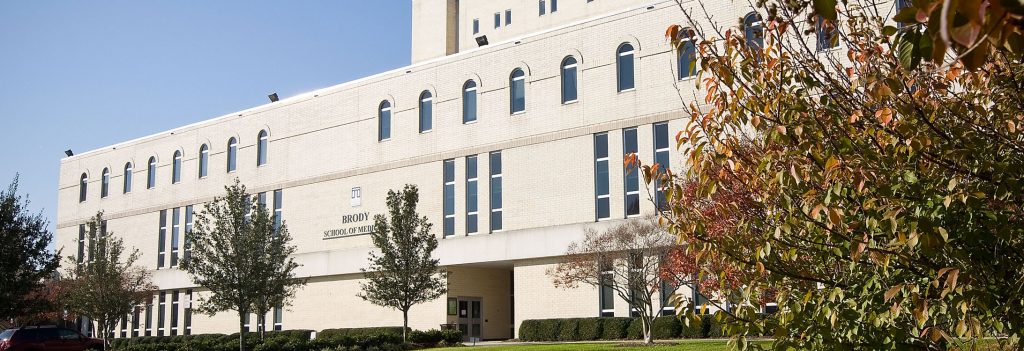
The Brody School of Medicine at East Carolina University is located in Greenville, NC, and offers pathways to obtain a Ph.D., M.D., dual degree M.D./MBA, and a master's degree in public health. The M.D. program also provides four distinction track options, in which students can choose an area of independent study and complete a capstone project. Pre-med students may want to consider the school's Summer Program for Future Doctors.
- Location: Greenville, NC
- Intelligent Score: 98.79
- Average Tuition: $20,252 per year
- Accreditation: Southern Association of Colleges and Schools Commission on Colleges
- Student Enrollment: 556
- Average MCAT Score: 508
- Undergrad GPA Requirement: 3.65
Learn more
University of North Dakota School of Medicine
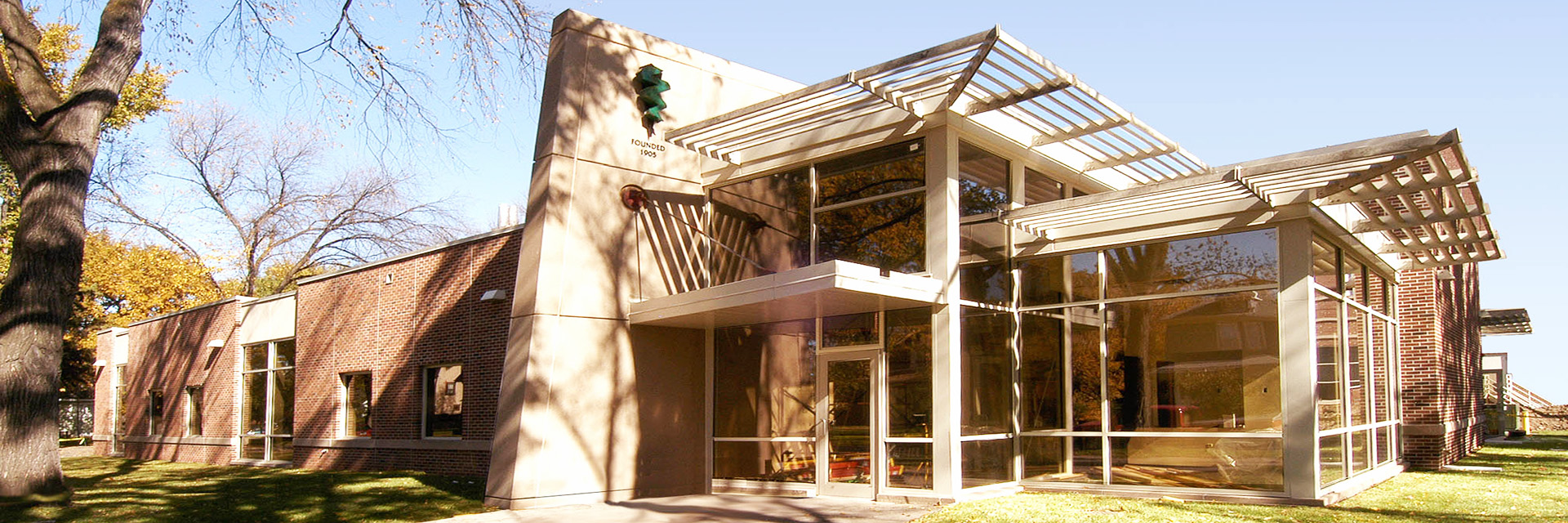
The School of Medicine & Health Sciences at UND is located in Grand Forks, ND, and offers a significant tuition break for North Dakota and Minnesota residents. They also offer an Indians into Medicine (INMED) program specifically for Native American students. The four-year M.D. program accepts 78 applicants each year, with two years on the Grand Forks campus followed by two years at clinics elsewhere in the state.
- Location: Grand Forks, ND
- Intelligent Score: 98.48
- Average Tuition: North Dakota Resident: $34,762 per year; Minnesota Resident: $38,063 per year; Non-Resident: $61,630 per year
- Accreditation: Higher Learning Commission
- Student Enrollment: 296
- Average MCAT Score: 507
- Undergrad GPA Requirement: 3.8
Learn more
University of Missouri-Kansas City School of Medicine
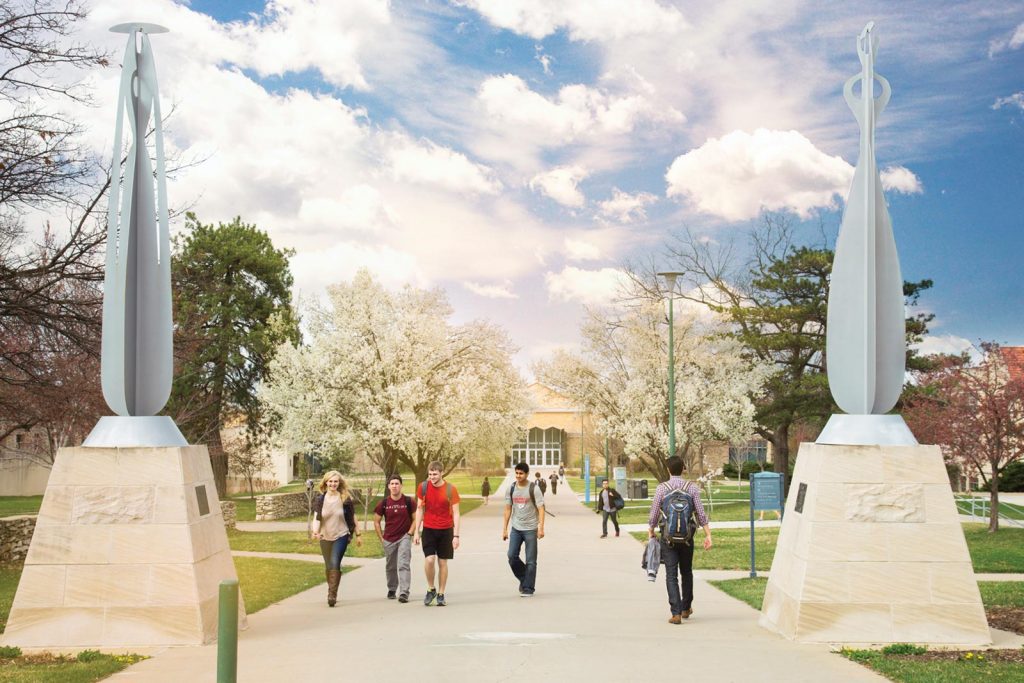
The School of Medicine at UMKC offers a range of degree programs, including a master of health professions education, a master of science in bioinformatics, and a doctor of medicine — as well as a combined B.A./M.D. degree. The combined program takes six full years to complete and is open to eligible high school graduates. The school is open to out-of-state students, but applicants from Missouri and nearby states get priority. Students learn in groups of 10-12 and practice on realistic body simulators.
- Location: Kansas City, MO
- Intelligent Score: 97.72
- Average Tuition: Year 1: Resident: $22,420 per year; Regional: $32,830 per year; Non-Resident: $43,236 per year
- Accreditation: Higher Learning Commission
- Student Enrollment: 227
- Average MCAT Score: 500
- Undergrad GPA Requirement: 3.9
Learn more
The University of South Dakota

The Sanford School of Medicine at the University of South Dakota offers M.D. programs and related biomedical degrees. One unique offering is the Frontier and Rural Medicine (FARM) program, which places students on a nine-month track at local clinics to learn about rural medicine. Non-residents must have a close connection with the state, such as having family members in the state, graduating from a high school or college in the state, or being part of a local federally-recognized tribe.
- Location: Vermillion, SD
- Intelligent Score: 97.34
- Average Tuition: Resident: $16,052.50 per semester; Non-Resident: $38,467.50 per semester; Minnesota Reciprocity: $17,618 per semester
- Accreditation: Higher Learning Commission
- Student Enrollment: 269
- Average MCAT Score: 496
- Undergrad GPA Requirement: 3.1
Learn more
Augusta University

The Medical College of Georgia at Augusta University specializes in dual degrees, so students can combine their M.D. with a master of business administration (MBA) or a master of public health (MPH). The combined MBA program teaches both clinical and management skills so students are prepared to navigate the U.S. healthcare system. The M.D./MPH program focuses on community service and public health. The M.D. program takes four years to complete, while the combined program takes five.
- Location: Augusta, GA
- Intelligent Score: 96.98
- Average Tuition: Resident: $28,358 per year; Non-Resident: $56,716 per year
- Accreditation: Southern Association of Colleges and Schools Commission on Colleges
- Student Enrollment: 930
- Average MCAT Score: 509
- Undergrad GPA Requirement: 3.7
Learn more
University of Oklahoma
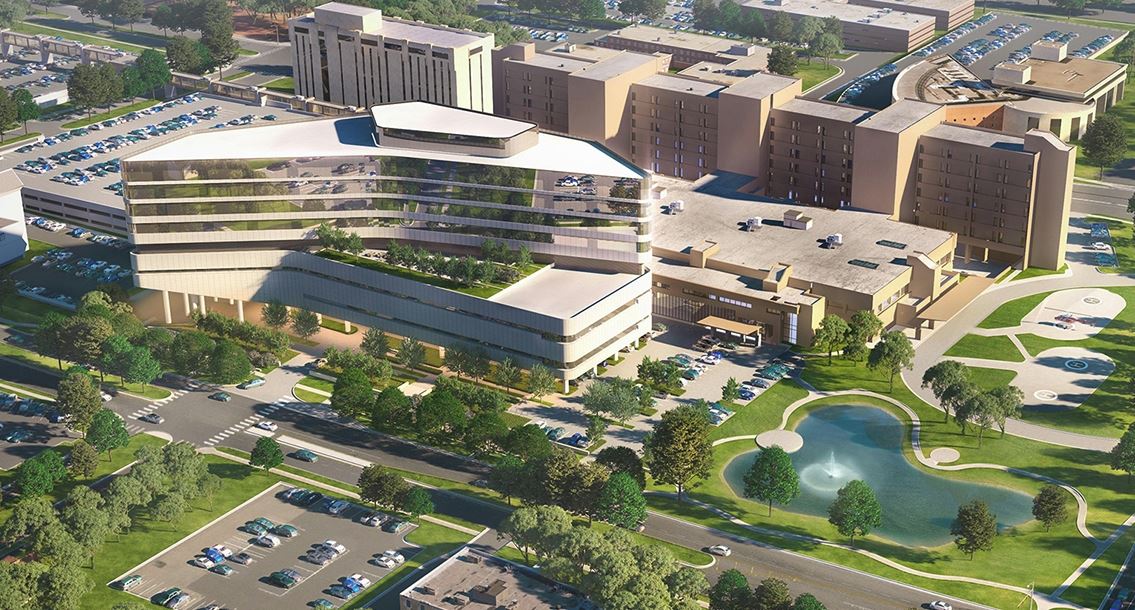
The College of Medicine at the University of Oklahoma offers three degree options: an M.D., a dual degree (M.D./Ph.D.), and the physician associate program. Students can choose from two tracks offered at two different campuses: the Oklahoma City campus has 140 students per class and access to a 200-acre medical center, while the Tusla track has smaller classes (25-30 students) and a focus on community health.
- Location: Oklahoma City, OK
- Intelligent Score: 96.88
- Average Tuition: Year 1-2: Resident: $31,082 per year; Non-Resident: $65,410 per year
- Accreditation: Higher Learning Commission
- Student Enrollment: 658
- Average MCAT Score: 509
- Undergrad GPA Requirement: 3.79
Learn more
Louisiana State University School of Medicine in New Orleans

The School of Medicine at LSU-New Orleans offers several programs, including an M.D./MPH dual degree program, an integrated occupational medical service (OMS) program, and more. There's also a primary care program with three areas of focus – urban experience, rural health, and rural scholars – and a summer research internship program. LSU accepts around 20% of applicants, with steep tuition discounts for in-state residents.
- Location: New Orleans, LA
- Intelligent Score: 96.77
- Average Tuition: Resident: $31,375.45 per year; Non-Resident: $61,114.29 per year
- Accreditation: Southern Association of Colleges and Schools Commission on Colleges
- Student Enrollment: 800
- Undergrad GPA Requirement: 3.85
Learn more
Louisiana State University Health Sciences Center-Shreveport
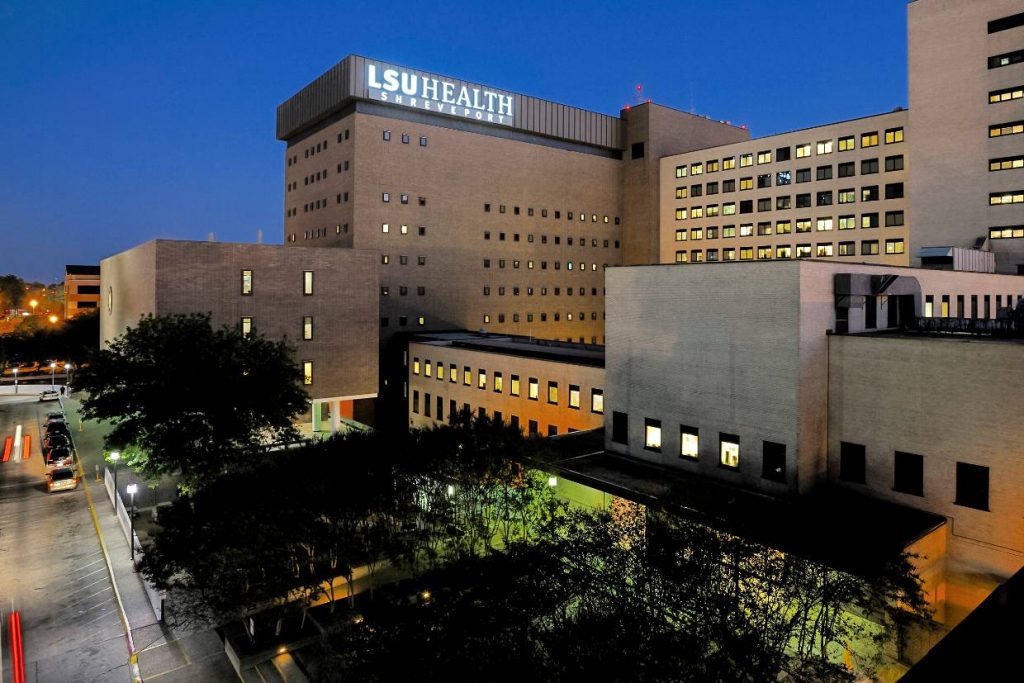
LSU Health Shreveport is the only school of its kind in the northern part of the state, and has a class size of around 150 students. Students get access to Lecturio, a video library and mobile app that helps students prepare for tests and study on the go. Other degree options include a research distinction track and a joint Ph.D. program through Louisiana Tech. Applicants must take part in a virtual interview in order to be considered.
- Location: Shreveport, LA
- Intelligent Score: 96.39
- Average Tuition: Resident: $28,591.75 per year; Non-Resident: $61,165.25 per year
- Accreditation: Southern Association of Colleges and Schools Commission on Colleges
- Student Enrollment: 551
- Average MCAT Score: 506
- Undergrad GPA Requirement: 3.7
Learn more
The University of Arkansas for Medical Sciences
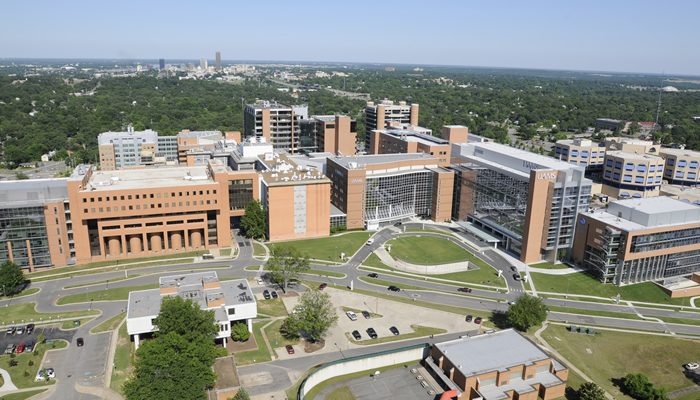
The UAMS College of Medicine has been around since 1879, and offers M.D./Ph.D., M.D/MPH, and rural practice programs. According to its website, it's one of the first schools in the country to train students using deep brain stimulation technology. All students are placed in one of several academic houses, which provides academic, social, and professional support throughout their degree program.
- Location: Little Rock, AK
- Intelligent Score: 96.28
- Average Tuition: Resident: $33,010 per year; Non-Resident: $65,180 per year
- Accreditation: Higher Learning Commission
- Student Enrollment: 551
- Average MCAT Score: 490
- Undergrad GPA Requirement: 2.7
Learn more
University of Arizona
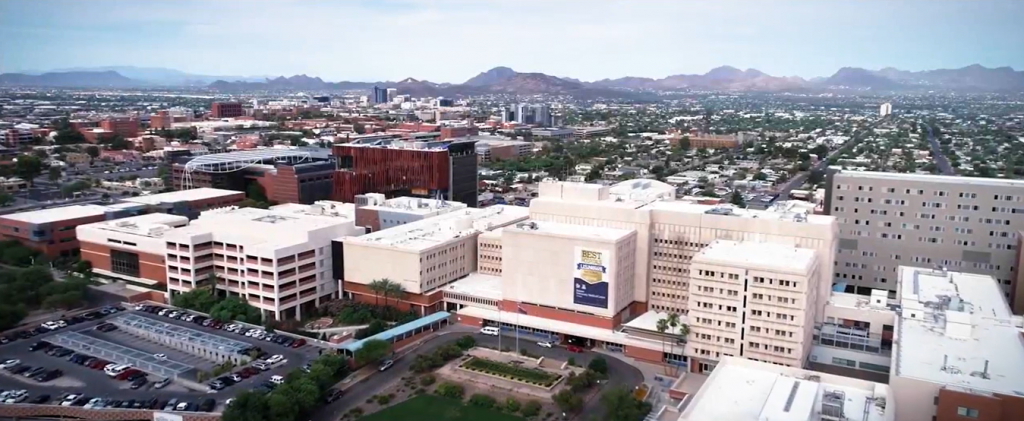
The University of Arizona College of Medicine in Tucson has several unique programs, including the pre-medical admissions pathway (P-MAP), which lasts for 13 months, and a continuing medical education program. Other degree options include distinction tracks such as rural health, global health, and bilingual medical Spanish. Students can also apply for international study-abroad programs and a 10-week internship on health care along the U.S.–Mexico border.
- Location: Tucson, AZ
- Intelligent Score: 96.24
- Average Tuition: Year 1: Resident: $34,914 per year; Non-Resident: $55,514 per year
- Accreditation: Higher Learning Commission
- Student Enrollment: 847
- Average MCAT Score: 498
- Undergrad GPA Requirement: 3.72
Learn more
University of Tennessee Health Science Center
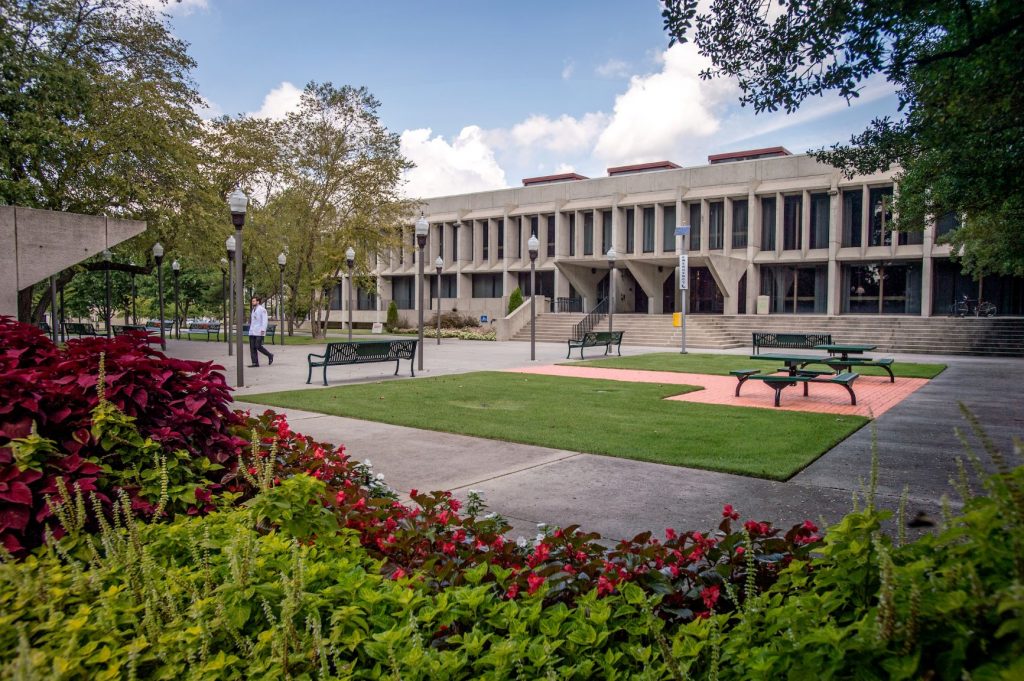
The College for Graduate Health Sciences in Memphis offers ten different master's and doctoral programs, in areas ranging from nursing science to health outcomes and policy research. The application process can be completed entirely online, and there's no fee to apply. This program is open to international students, but proof of English-language proficiency and verified educational records may be required.
- Location: Memphis, TN
- Intelligent Score: 94.78
- Average Tuition: In-State: $34,566 per year; Out-of-State: $60,489 per year
- Accreditation: Southern Association of Colleges and Schools Commission on Colleges
- Student Enrollment: 693
- Average MCAT Score: 472-528
- Undergrad GPA Requirement: 3.76
Learn more
Central Michigan University 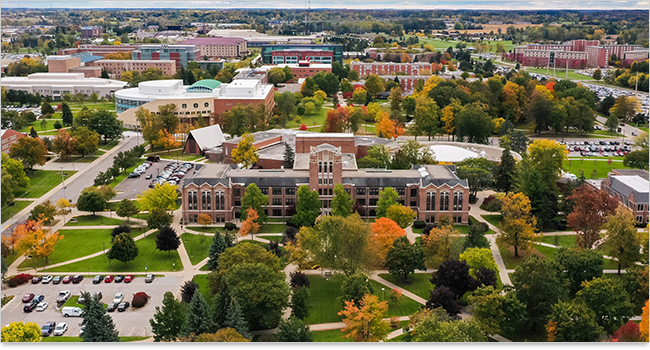
The College of Medicine at Central Michigan University is located in Mount Pleasant, MI, with access to a 10,000-square-foot simulation center. Students can choose from residency programs ranging from family medicine to general surgery, and fellowships are available for emergency medical services and psychiatry. Around 80% of students are from Michigan, but out-of-state residents are welcome to apply.
- Location: Mount Pleasant, MI
- Intelligent Score: 94.56
- Average Tuition: In-State: $43,952 per year; Out-of-State: $64,062 per year
- Accreditation: Higher Learning Commission
Learn more
University of Nevada – Reno

The School of Medicine at UNR offers degree programs in speech pathology, physician assistant studies, and more. Students can choose from an M.D. program or combined degrees through the School of Community Health Sciences. The medical school has a 12% acceptance rate and maintains small class sizes with only 70 students per class. Students participate in a standardized patient program and a clinical simulation lab.
- Location: Reno, NV
- Intelligent Score: 92.38
- Average Tuition: In-State: $30,210 per year; Out-of-State: $57,704 per year
- Accreditation: Higher Learning Commission
- Student Enrollment: 324
- Average MCAT Score: 497
- Undergrad GPA Requirement: 3.5
Learn more
The University of New Mexico

The M.D. program at UNMC focuses on improving clinical skills through small-group lessons and patient simulations. UNMC doesn't have a minimum threshold for GPA or MCAT scores, but prioritizes Nebraska residents and those who stand out during the interview process. Students can choose from enhanced medical education tracks in areas such as comprehensive HIV medication and underserved health care.
- Location: Albuquerque, New Mexico
- Intelligent Score: 92.19
- Average Tuition: $269.28 – $992.18 per credit
- Accreditation: Higher Learning Commission
- Student Enrollment: 418
- Average MCAT Score: 494
- Undergrad GPA Requirement: 3.00
Learn more
University of Nebraska Medical Center
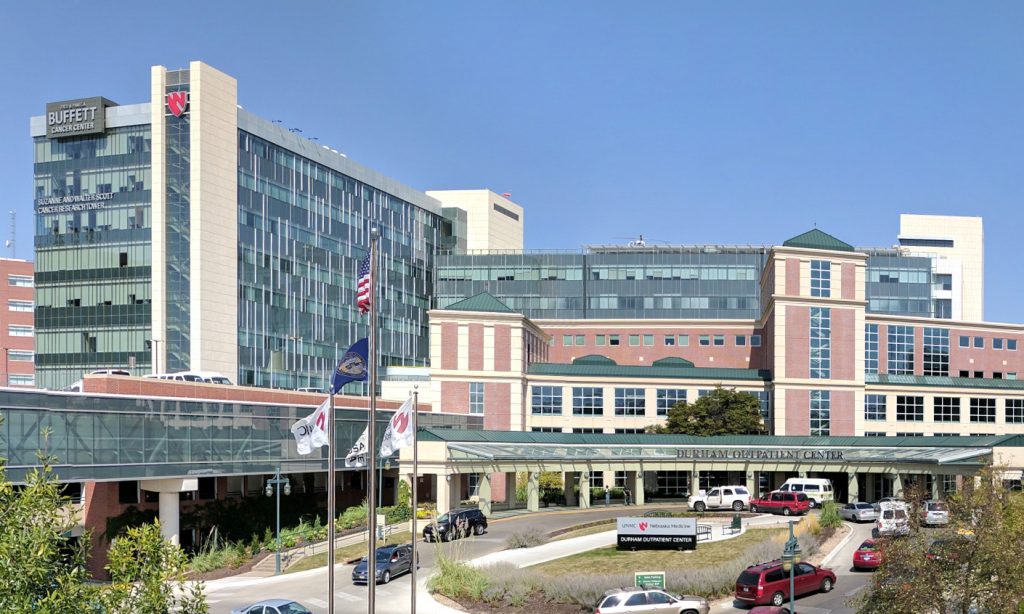
The M.D. program at UNMC focuses on improving clinical skills through small-group lessons and patient simulations. UNMC doesn't have a minimum threshold for GPA or MCAT scores, but prioritizes Nebraska residents and those who stand out during the interview process. Students can choose from enhanced medical education tracks in areas such as comprehensive HIV medication and underserved health care.
- Location: Omaha, NE
- Intelligent Score: 90.59
- Average Tuition: Resident: $35,360 per year; Non-Resident: $48,000 per year
- Accreditation: Higher Learning Commission
- Student Enrollment: 514
- Average MCAT Score: 515
- Undergrad GPA Requirement: 3.75
Learn more
University of Massachusetts
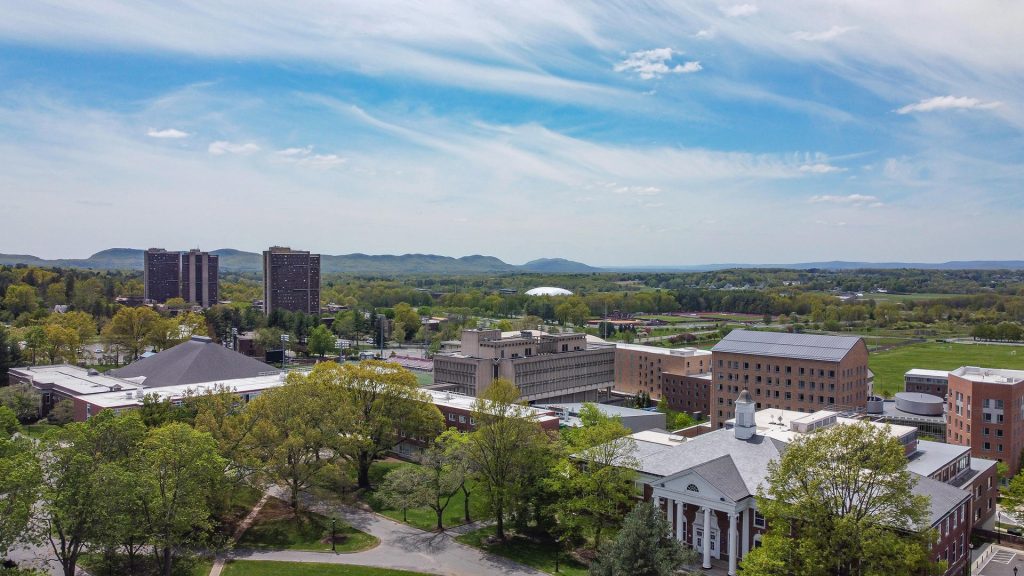
The UMASS Medical School in North Worcester, MA, is known for its M.D. program, its research center, and its residency opportunities. This program keeps classes small with around 162 students per year, and places an emphasis on diversity and inclusion. The population-based urban and rural community health (PURCH) track takes 25 new students each year and moves between the Worcester and Springfield campuses.
- Location: North Worcester, MA
- Intelligent Score: 89.79
- Average Tuition: Resident: $36,570 per year; Non-Resident: $62,899 per year
- Accreditation: New England Commission of Higher Education
- Student Enrollment: 608
- Average MCAT Score: 514
- Undergrad GPA Requirement: 3.7
Learn more
University at Buffalo
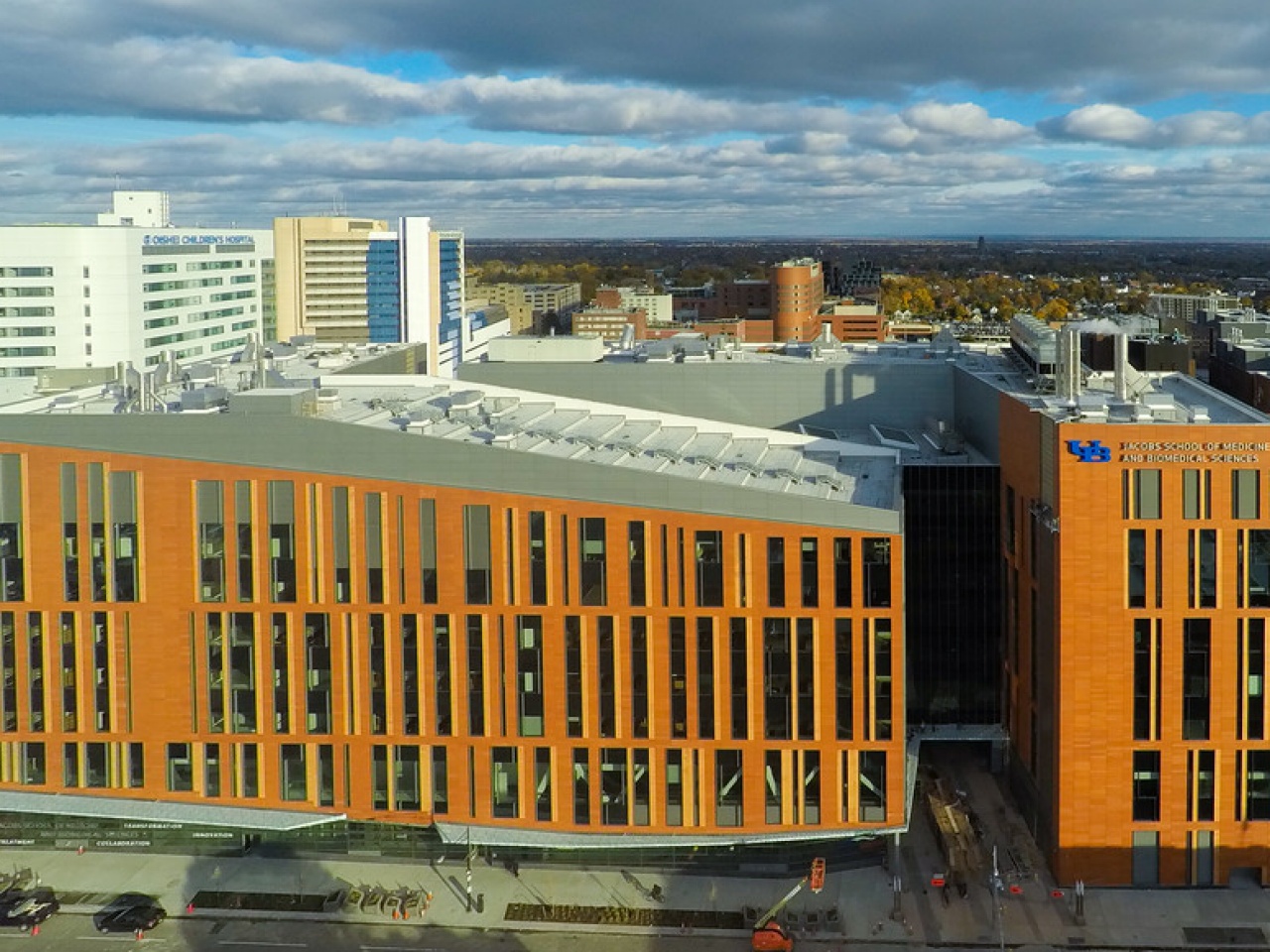
The Jacobs School of Medicine and Biomedical Sciences at UB offers an M.D. program at a more affordable price than many of the other schools on our list. Students can participate in several hands-on training opportunities, including a student-run medical clinic and the Buffalo General Medical Center. The science and technology entry program (STEP) makes it easier for economically-disadvantaged high school students to get in.
- Location: Buffalo, NY
- Intelligent Score: 89.62
- Average Tuition: Resident: $21,835 per semester; Non-Resident: $32,580 per semester
- Accreditation: Middle States Commission on Higher Education
- Student Enrollment: 1778
- Average MCAT Score: 510
- Undergrad GPA Requirement: 3.64
Learn more
Uniformed Services University
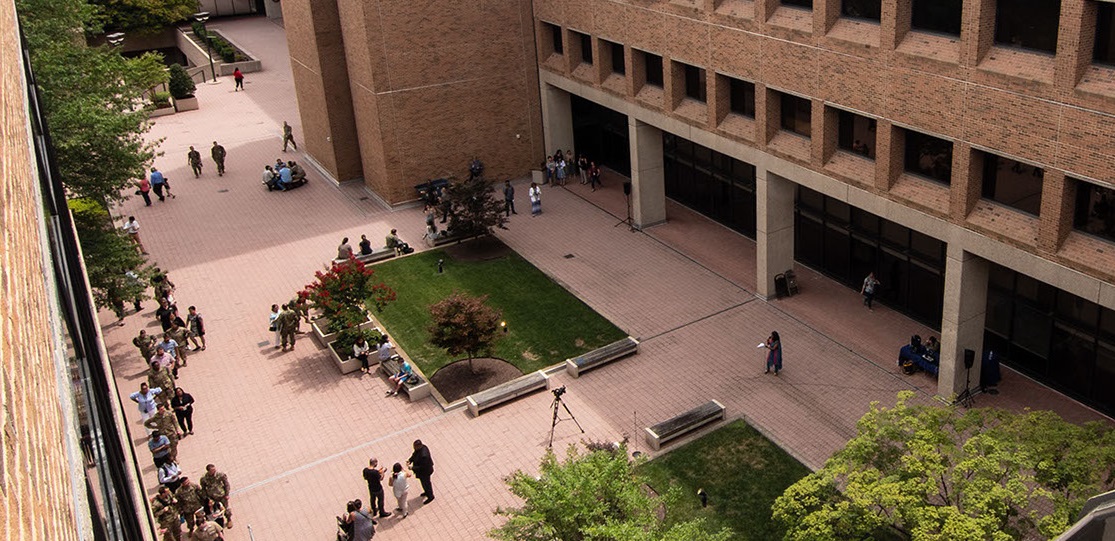
The School of Medicine at USU is a federal service postgraduate academy in Bethesda, MD. Civilians are welcome, and tuition is free, but you'll have to commit to seven to ten years of service in the Army, Navy, or Public Health service in order to attend. USU's M.D. curriculum is geared toward military-related training, including disaster response and tropical medicine. Over 60% of students have not yet served in the military.
- Location: Bethesda, MD
- Intelligent Score: 89.26
- Average Tuition: Tuition-free
- Accreditation: Middle States Commission on Higher Education
- Average MCAT Score: 509
- Undergrad GPA Requirement: 3.6
Learn more
What Are the Benefits of Attending Medical School?
There are plenty of reasons to consider medical school, including high earning potential. According to the U.S. Bureau of Labor Statistics, physicians and surgeons earn an average wage of $208,000 per year. As the world's population ages, medical professionals will continue to be in demand, and a medical degree can lead to a well-paying, long-term career in many parts of the world.
Additionally, medical professionals don't have to practice in a hospital or clinic. Some medical students choose to become educators or researchers, or work to improve the U.S. healthcare system with a master of public health degree. For many students, a medical degree offers multiple pathways to a stable and rewarding career.
What Are the Disadvantages of Attending Medical School?
While medical school can be a good choice to pursue a career in medicine, it's not right for everyone. Even schools that are easy to get into still require a high level of commitment from their students. In addition to four or more years of study, earning an M.D. requires a medical residency that may involve relocating to a hospital or clinic far from home.
Also, medical school isn't cheap, even for in-state residents. A career in healthcare can pay well, but not until well after graduation, and you may not have time to hold down a side job while you finish your degree. Medical residencies pay an average salary of $42,000 to $48,000 per year after taxes – much less than a doctor's salary.
These factors can put a lot of strain on medical students and their families, especially if they have student loans. The average student loan debt for medical school is more than $200,000, so it's important to consider the cost and time commitment before deciding whether medical school is right for you.
Who Should Attend Medical School?
Medical school isn't just for those who want to become a doctor. Some of these programs can prepare you to work behind the scenes in the healthcare industry instead of in a hospital or clinic. For example, you might choose to attend medical school in order to:
- Work with disadvantaged communities in rural clinics
- Manage a healthcare organization with an M.D./MBA degree
- Improve the healthcare system through data science or public policy
- Become a researcher working on biomedical technology
Whatever your reasons for attending medical school, it's helpful to have a background in the sciences, which is why many students take pre-med courses or focus on biology and life science courses in high school and college.
While every school has its own admissions requirements, the average GPA for getting into medical school is 3.72 and the median MCAT score is 500. Students with lower scores may be able to make up for it in other parts of their application.
In addition to academic requirements, doctors should have good people skills, including communication and leadership skills, and the ability to work well under pressure. They need to be able to solve problems, stay organized, and have the physical stamina to work long hours at a time.
Also, some schools require applicants to be U.S. residents or in-state residents. If you're an international student, you may have a better chance of being accepted if you've completed at least some of your undergraduate study in the U.S.
Finally, it's important to attend medical school because you want to improve people's lives — not just for the money or prestige. Depending on the program you choose, you may have to put some of your own life goals on hold until you graduate. But once you do, you'll be well-placed to have a long and rewarding career in medicine.
dodsonquationesed.blogspot.com
Source: https://www.intelligent.com/easiest-medical-schools-to-get-into/
0 Response to "Medical Schools With the Highest Step 1 Scores That Are Easy to Get Into"
Post a Comment